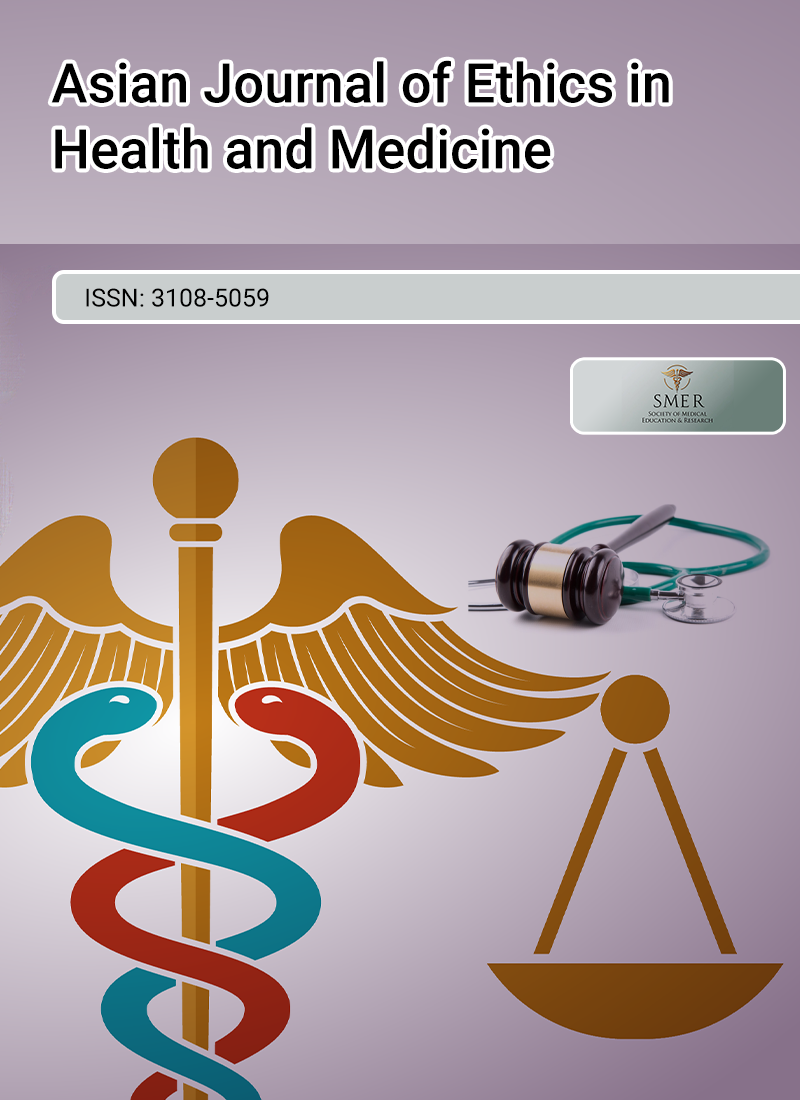
Little is known about the ethical challenges that physiotherapists face around the world. This knowledge gap limits the profession’s ability to prepare practitioners and provide support for ethical decision-making across different regions. This study aimed to explore three key questions: What types of ethical issues do physiotherapists encounter internationally? How often do these issues arise? Can sociodemographic, educational, or professional factors predict the frequency or type of ethical challenges experienced? An international observational study was conducted in English via an online survey from October 2018 to May 2019. A total of 1,212 physiotherapists and physiotherapy students participated, representing less than 1% of the global physiotherapy workforce at that time. The questionnaire included 13 items on demographics, familiarity with ethical codes, and decision-making skills, as well as 46 items assessing the frequency of ethical issues in four areas: (A) interactions with patients (19 items), (B) interactions with other healthcare professionals (10 items), (C) interactions with the healthcare system (5 items), and (D) professional and economic ethical dilemmas (12 items). The most commonly reported ethical challenges were limited resources and time affecting treatment quality, and restricted access to physiotherapy for those in need. On average, these issues occurred more than once a month. Ethical challenges also frequently arose in interprofessional settings. Across all regions, issues related to interactions with healthcare systems were most common. Participants with more years of practice and those who received ethics education during their foundational training reported encountering ethical issues less frequently across all categories. This study provides the first global insight into the ethical challenges faced by physiotherapists. Cultural and societal factors play a significant role in shaping ethical practice. There is a clear need for enhanced support from professional bodies, academic institutions, and workplaces, alongside comprehensive ethics education, to enable physiotherapists to navigate ethical dilemmas effectively.